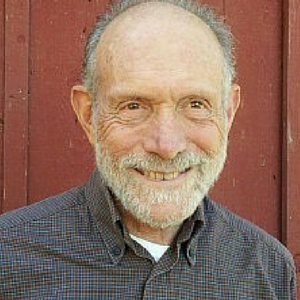Civilian-based defense (CBD) is a nonviolent form of defense against invasion or revolutionary overthrow of a government. This technique has been well documented and made somewhat known to the public by Gene Sharp in his books The Politics of Nonviolent Action (3 vols. 1973) and Civilian-Based Defense: a Post-Military Weapons System (1990). In CBD citizens organize nonviolently to resist an invasion or revolution by means such as strikes, civil disobedience, defiance of military orders, and fraternization. CBD works well when citizens can distinguish their opponents as people from the actions of their opponents, accepting and seeking to win over the former while resisting the latter — if necessary, to the death.
The best known modern example of CBD is the Prague Spring, when from January to August of 1968, Czech citizens resisted a Warsaw Pact invasion aimed at suppressing the liberalizations of the popular president Alexandr Dubček. The Czechs used fraternization, humor, and mild forms of sabotage such as painting over or turning road signs to mislead troop movements. In the end the CBD was overcome, but at a great propaganda cost to the Warsaw Pact.
Some now regard CBD, along with Third Party Nonviolent Intervention, as a nonviolent answer to war.








